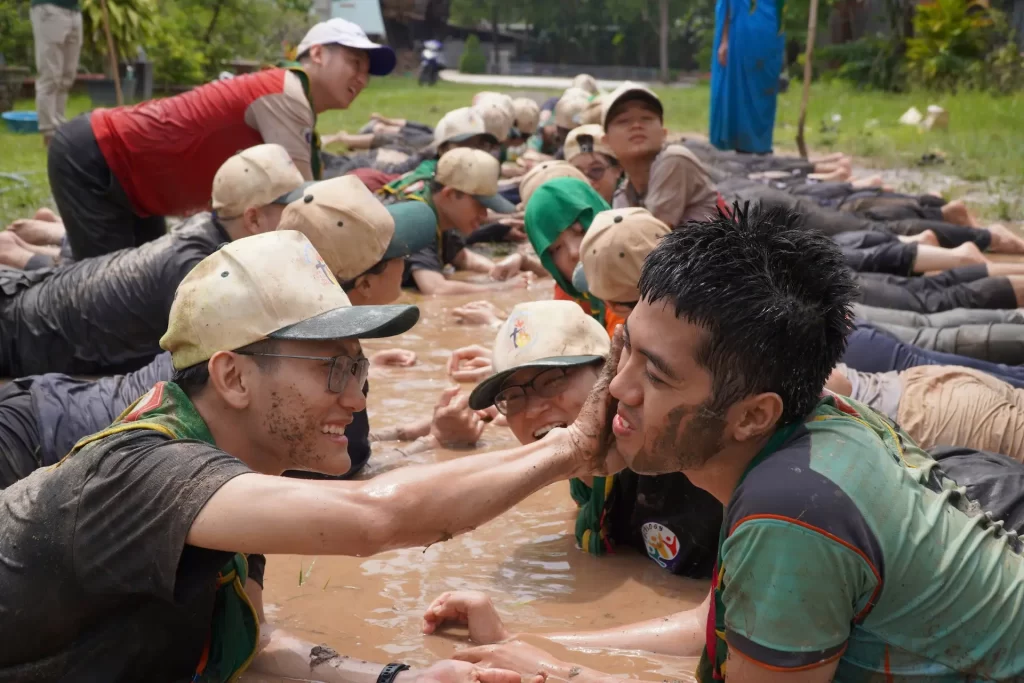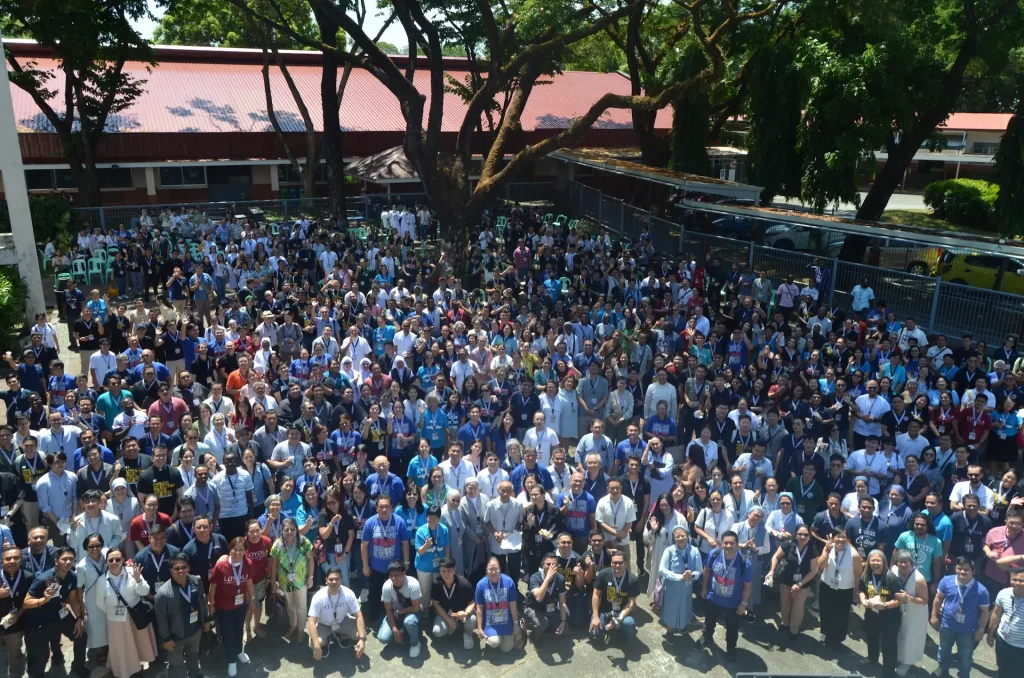In recent months, Indigenous Peoples in Cabanglasan, Bukidnon in Mindanao have had the opportunity to voice their concerns regarding their rights in a series of gatherings organised by the Philippine Province Jesuit Indigenous Peoples (IP) Ministry, the local government of Cabanglasan, the National Commission on Indigenous Peoples (NCIP) and other civil society organisations.
The most recent of these was held on May 16 and 17. At the event in Cabanglasan, tribal leaders actively participated in discussions on the peaceful resolution of conflicts, implementation of their customary laws, confirmation of their tribal leaders, and the claiming of reservations by the rightful occupants. The local government and NCIP pledged to give their full support to these tribal community initiatives.
The meeting was a follow-up to the two-day seminar held from April 11 to 12, in which the tribal elders and chieftains were reminded of their rights, duties and obligations as defined under the Indigenous Peoples Rights Act, namely, Rights to Ancestral Domains and Lands, Rights to Self-Governance and Empowerment, Rights to Social Justice and Human Rights, and Rights to Cultural Integrity.
A team of experts from NCIP also gave inputs on cultural sensitivity, territories and domain delineation, registration of land titles and guidelines on Free Prior Informed Consent, a principle protected by international human rights standards that gives a community the right to give or withhold its consent to a project that may affect the lands they customarily own, occupy or use. No less than the NCIP National Chairperson Leonor T Oralde-Quintayo graced the event, along with NCIP Commissioner Dominador Gomez.
In March, the Province IP Ministry had organised a two-day caucus in Malaybalay City within the Bukidnon Mission District of the Philippine Jesuits. The Indigenous Peoples Apostolate of the Diocese and other religious orders discussed their concerns and endeavours in terms of their work with the IP groups in the region. NCIP Chairperson Quintayo and lawyer Antonio La Viña were the two main discussants. The participants included the Bishop of Malaybalay Jose Araneta Cabantan, Philippine Jesuit Provincial Fr Antonio Moreno SJ and members of the Province IP Ministry Ad Hoc Committee.
“Many participants found relief in realising that they are not alone in their vocation and life mission of helping the IP sustain their culture and traditions, but at the same time educating them to keep up with the changing times,” said Philippine Province IP Ministry Coordinator Fr Jose Mari Manzano SJ.
The continuing poverty and marginalisation of Indigenous Peoples is one of the apostolic priorities of the Philippine Jesuits over the next five years, and the Province IP Ministry Agenda being developed has focus areas that include research and partnership, education, legal assistance and advocacy, and leadership, communications and student movements.
Related story: Affirming engagements with Indigenous Peoples in the Philippines






